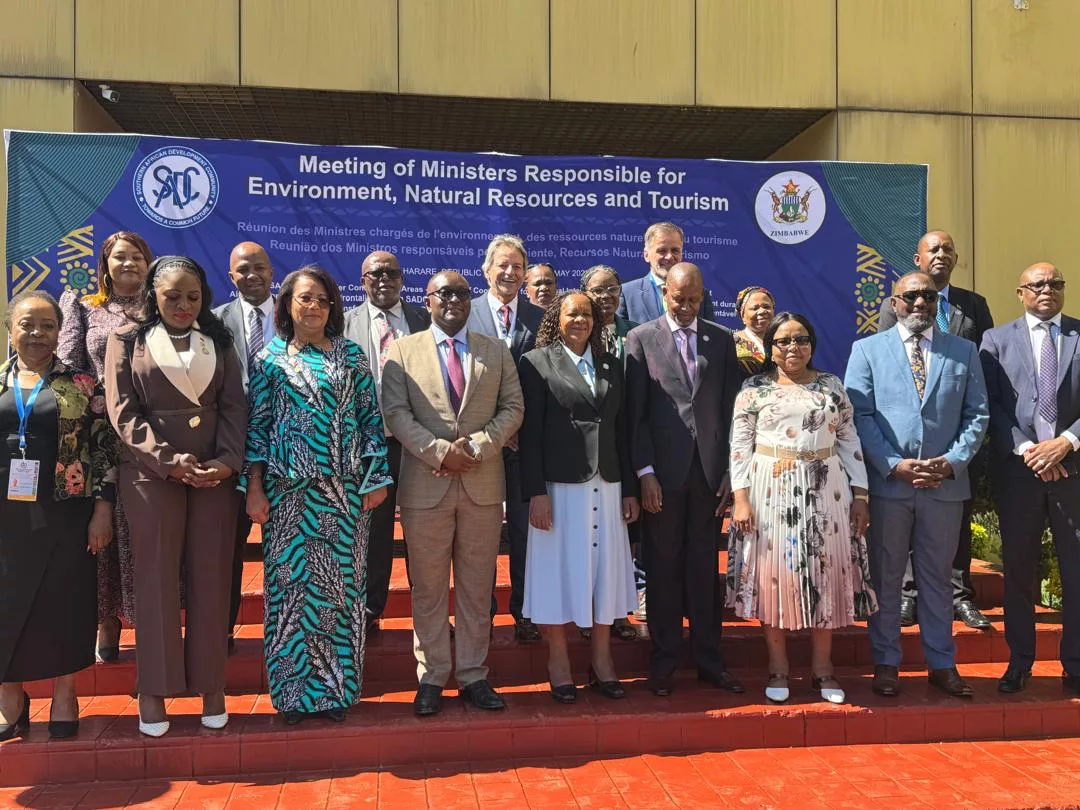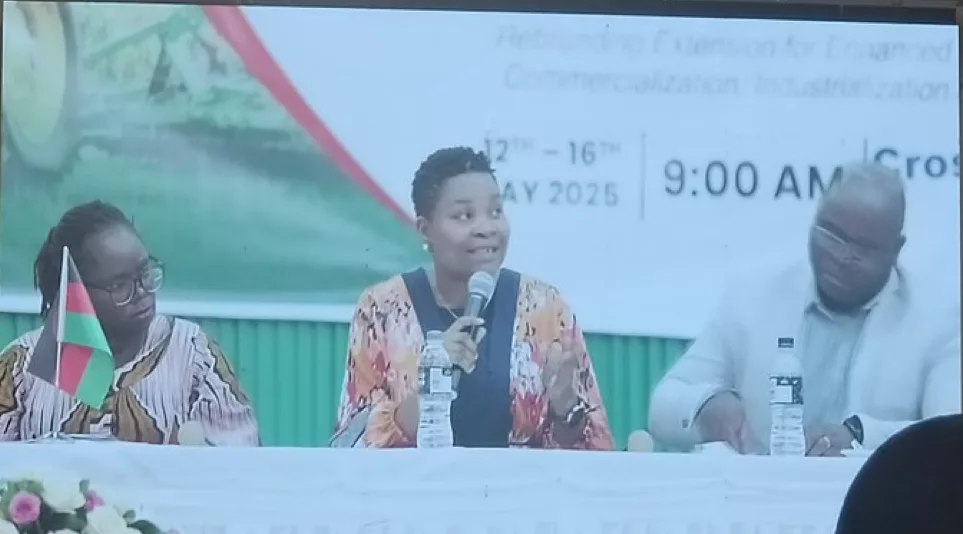|
Getting your Trinity Audio player ready...
|
In a keynote address, Hon Jacob F. N. Mudenda, the Speaker of Parliament of Zimbabwe, said the African Union (AU) has, in recent years, adopted key strategic frameworks that lay the foundation for Artificial Intelligence (AI) developments, such as the Digital Transformation Strategy for Africa, the AU Data Policy Framework as well as the Malabo Convention on Cybersecurity and Personal Data Protection to create a consolidated and resilient African AI ecosystem anchored on innovation.
He said with the adoption of the Continental AI Strategy, the African Union is laying the foundation for Africa to become an integral participant in the AI revolution. The Strategy reflects the common vision for AI in Africa under the theme “Harnessing AI for Africa’s Development and Prosperity”. It promotes an Afro-centric, development-oriented, and inclusive approach to an ethical and responsible deployment of AI across the continent.
“Our today’s symposium, under the replicated theme of, “Harnessing Artificial Intelligence for Effective and Efficient Parliamentary Processes: Experiences, Opportunities and Challenges”, resonates propitiously with the African Union initiatives and is a timely exploration of how digital technologies can reshape and enhance our Parliamentary processes in Africa let alone in our SADC Region.
“Parliaments across the SADC region face what can only be described as a Hobson’s Choice. Wherein there is only one real choice available, forced choice for that matter. We have no alternative but to adopt and embrace these digital technologies. We must now determine not whether, but how to harness them to enhance our Parliamentary praxis. Indeed, Vision 2030 underpins the pivotal role of modern, efficient, and inclusive institutions. Parliament must, therefore, be at the forefront of this transformation by harnessing Artificial Intelligence and innovation to accelerate institutional modernisation and bridge the longstanding gaps in human-face-anchored service delivery, especially in our governance ecosystem.
“The Parliament of Zimbabwe recognises that Artificial Intelligence represents a tectonic shift in how parliaments can fulfill their constitutional obligations with greater efficiency, transparency, and responsiveness to the citizenry. In our 10th Institutional Strategic Plan for 2025-2029, we have emphasised the modernisation of Parliament by proactively integrating these technological innovations into our institutional tapestry. However, we cannot undertake this revolutionary journey in isolation,” Hon Mudenda said.
Through AI-driven interfaces, Hon Mudenda said Parliament aims to transform its Informatics Database into a more interactive and user-friendly resource.
“We envision intelligent systems that can organise, retrieve, and present constituency information in ways that serve the public more effectively. We are, therefore, developing a Chatbot that will be readily accessible on mobile devices to ensure that constituency information is just a tap away. This innovative approach speaks directly to our younger generations and of course, the older generation, who live in a digital world and expect instant and accessible information.
“Furthermore, a Chatbot is being developed to ensure the accessibility of information about parliamentary processes, legislation and civic participation. Upon completion, members of the public should be able to ask questions about parliamentary proceedings, understand legislative processes, or learn about civic engagement opportunities through their smartphones.”






